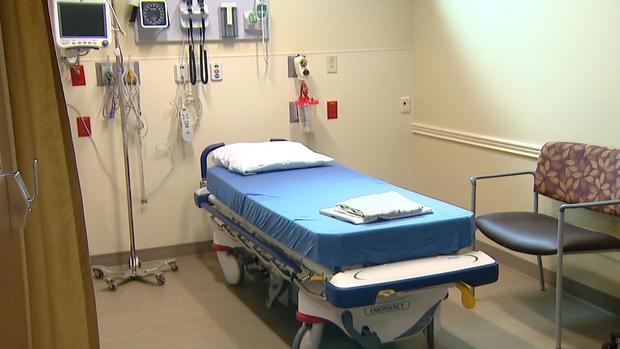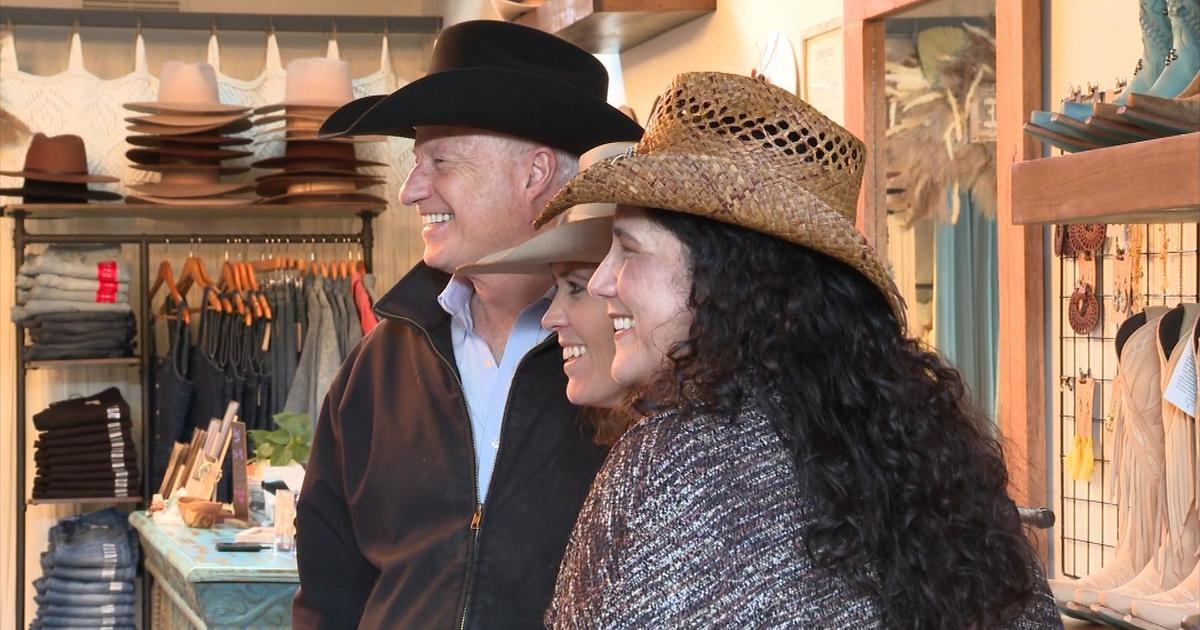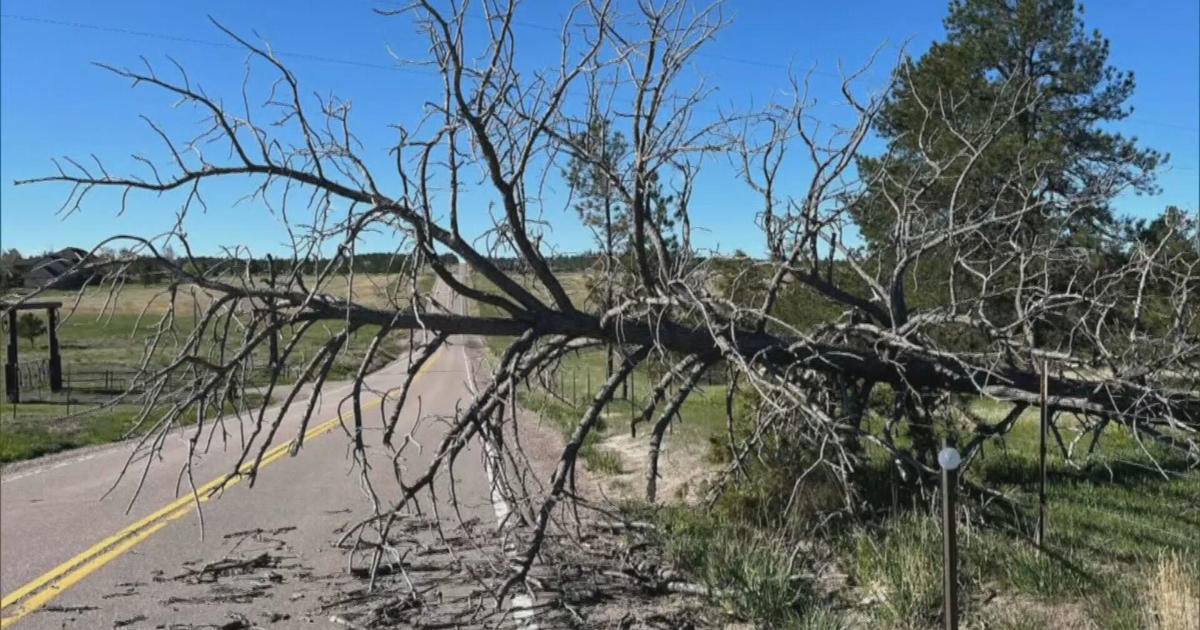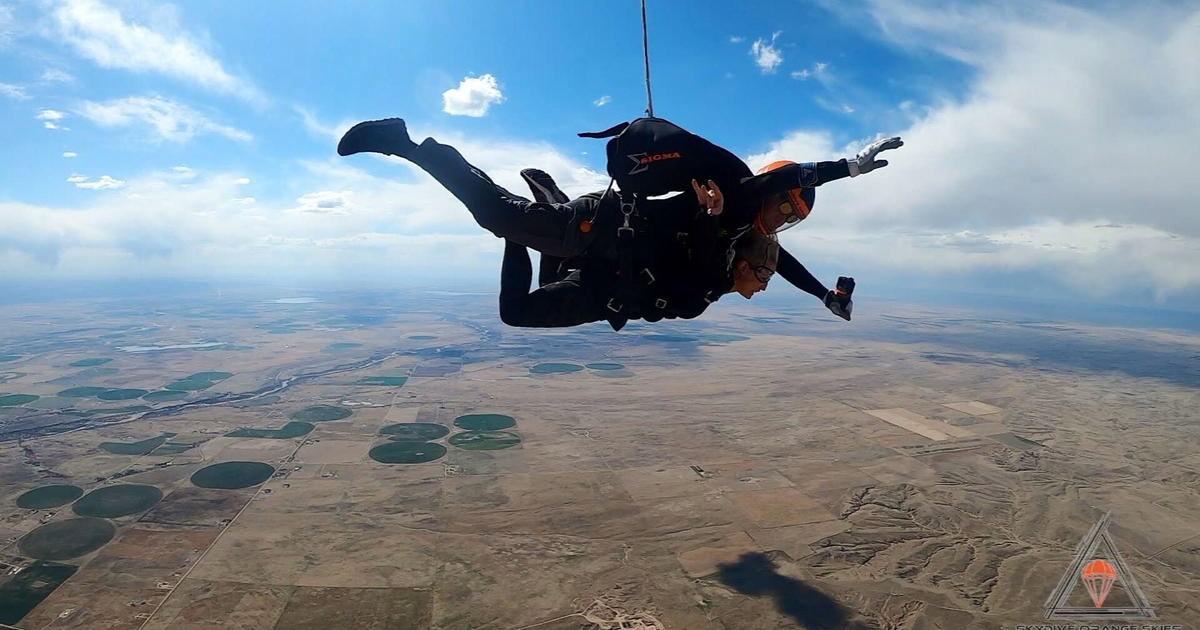New program puts addiction coaches in emergency rooms, could expand to more hospitals
A pilot program at a Colorado emergency room to help people with addiction is becoming permanent and could expand to more hospitals around the state.
"The opposite of addiction is connection and that's exactly what we want to do," said Laura Allem, a Recovery Support Specials and Peer Recovery Coach for Advocates for Recovery Colorado. "They are seen, this is not the end of the road, there is hope for them There is a future. there is a place where joy can be found, happiness, and stuff I thought I lost in my own alcohol disorder. Sometimes I feel like I'm that person that can open the door a little bit, let the light in for them to start walking through."
The idea to bring in an addiction specialist to be on hand in the emergency room started when doctors realized they needed help treating the disease.
"This idea started by the voice of our patients. Often times they're looking for things other than medicines to recover from an addiction," said Swedish Medical Center Emergency Room Physician Dr. Donald Stader. "What we see primarily in the emergency department are addictions to alcohol, addictions to opioids such as fentanyl, addictions to methamphetamine. It takes more than medicines, it takes people, it takes a community to really have a recovery last."
About 1,200 patients in the Swedish Emergency Room have been seen by a peer coach.
"Not to practice medicine but to be supportive, to talk about their recovery, and to provide a resource and another outlet to go to after they leave the Emergency Department," said Dr. Stader. "We've had some really great success stories. and even people who are not in recovery know concretely we care about them, and we're deeply invested in their health and well-being."
The coaching isn't just offered in the emergency room, coaches keep in contact to try and help people and find them when they're ready for it.
"We call them 24 to 48 hours after they leave the hospital doors, just to reach out. Just to see how they are. Sometimes they want to talk, sometimes they don't. And then we reach out 14, 30 and 60 days later," Allem said.
Doctors and addiction specialists are hoping other hospitals will pick up the program.
"Right now, in the midst of the worst addiction crisis the country has ever seen, these types of ideas are more important than ever to champion and to promote," Dr. Stader said.





